Halloween, with its eerie decorations, haunted houses, and spooky costumes, is a time of year that can evoke mixed emotions in many people. While some eagerly anticipate the thrill of the holiday, others may find themselves grappling with heightened anxiety or fear. In this blog post, we will delve into the psychological aspects of Halloween and explore how it can affect mental health. Moreover, we will provide strategies to help individuals cope with seasonal spookiness.
Understanding the Psychological Impact of Halloween
-
Fear and Anxiety: Halloween's core elements, such as horror movies, scary costumes, and haunted attractions, are designed to induce fear. While some people revel in this adrenaline rush, others may find it overwhelming. For those already dealing with anxiety disorders, Halloween can exacerbate their symptoms.
-
Social Pressure: The pressure to participate in Halloween festivities, like costume parties or trick-or-treating, can be stressful for individuals who struggle with social anxiety. The fear of judgment or not living up to expectations can be particularly distressing during this time.
-
Grief and Loss: Halloween can be a poignant reminder of loved ones who have passed away, as it often involves honoring the deceased. For those grieving, it can be emotionally challenging to navigate the holiday's traditions and customs.
Strategies for Coping with Halloween-Induced Anxiety or Fear
-
Set Boundaries: It's crucial to recognize your comfort zone and establish boundaries during Halloween. If certain activities or decorations trigger anxiety, feel free to skip them. You are not obligated to participate in anything that makes you uncomfortable.
-
Practice Mindfulness: Mindfulness techniques, such as deep breathing and meditation, can help manage anxiety. Engage in these practices to stay grounded and reduce the intensity of fearful emotions.
-
Choose Your Celebrations Wisely: Select Halloween events and gatherings that align with your preferences and comfort level. Opt for low-key gatherings with close friends or family if big parties are overwhelming.
-
Create a Safe Space: Designate a space in your home where you can retreat if Halloween festivities become too much to handle. This safe space can help you decompress and regain a sense of control.
-
Seek Support: Don't hesitate to lean on friends, family, or a therapist if Halloween-related anxiety or fear becomes unmanageable. Talking to someone you trust can provide emotional support and perspective.
-
Reframe Your Perspective: Consider reframing your thoughts about Halloween. Instead of focusing on the scary aspects, think of it as an opportunity for creativity, self-expression, or bonding with loved ones.
-
Engage in Relaxation Activities: Engage in activities that promote relaxation, such as taking a warm bath, reading a good book, or listening to calming music. These activities can help you unwind and reduce anxiety.
Halloween is a unique holiday that can evoke a wide range of emotions, including fear and anxiety. It's essential to recognize the impact it may have on your mental health and take proactive steps to manage these emotions. By setting boundaries, practicing mindfulness, and seeking support when needed, you can navigate Halloween with greater ease and minimize its impact on your well-being. Remember that your mental health should always be a top priority, even when the ghouls and ghosts come out to play.
